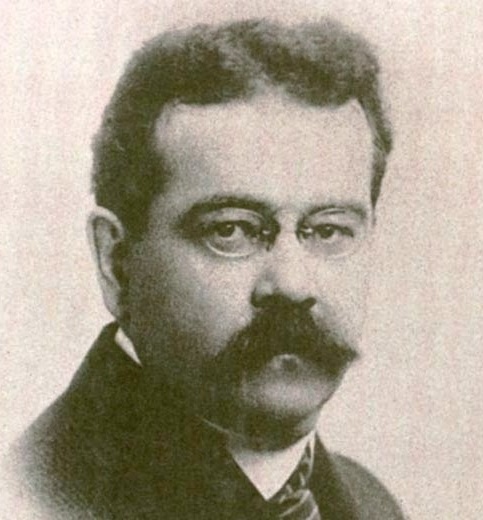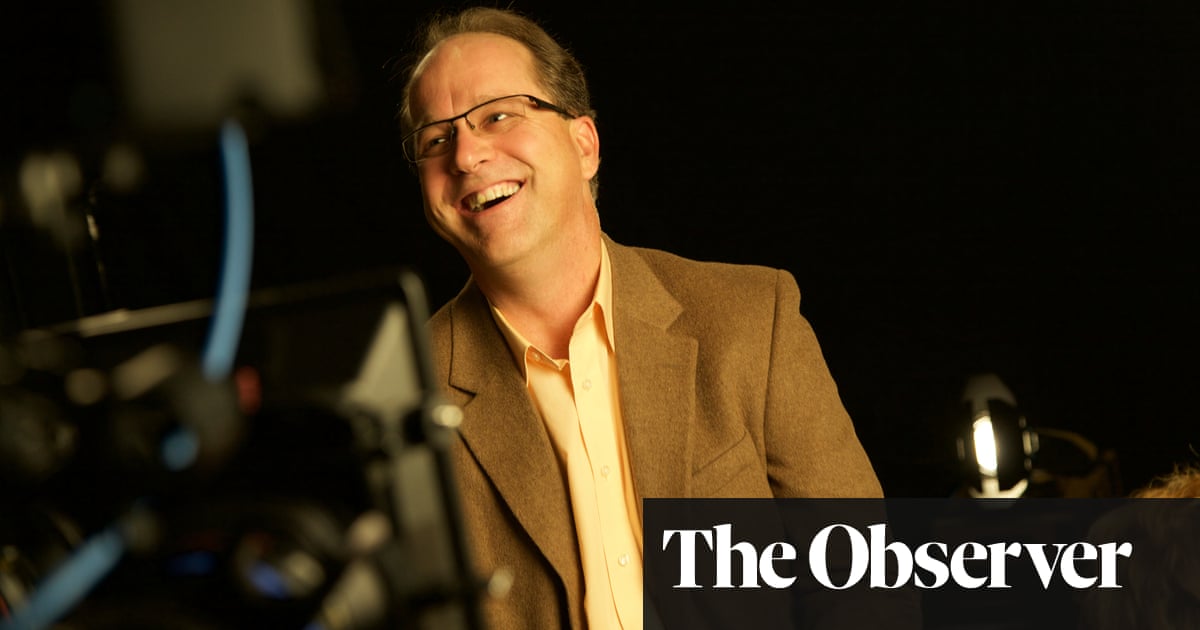Jeffrey J Kripal is a professor of philosophy and religious thought at Rice University in Houston, Texas. He is the author of 10 books on the history of mysticism, psychology and the paranormal. His latest, How to Think Impossibly, draws on a range of sources including gnosticism, quantum physics and English romantic philosophy, to attempt a new theory of mind and the imagination.
At the root of some of your understanding of imagination, and your argument that current theories of mind leave too much “off the table”, seems to be an experience that happened to you in Kolkata in November 1989. Can you describe what that involved?
I was working on my first book, Kali’s Child, and I was very sick; I had some kind of flu or food poisoning. I went to bed and I woke up, but my body didn’t wake up. And some kind of strange energy came out of the room or more probably came out of my body. I thought that the electrical circuits in the walls had somehow malfunctioned and I was being electrocuted. I had a classic out-of-body experience, and when I eventually got back into my body and woke up it felt like something had been downloaded into me. Massive amounts of information, and I had no context for any of it.
…
Throughout history, as you write, all cultures have tried to explain individuals who have had these experiences of what you call “impossible thinking”. I suppose, for example, Lives of the Saints is one record of them?
You need impossible things to happen to become a saint, but they have got to be the right [Roman Catholic] things. But why take things off the table that don’t fit into your worldview?
…
I’m probably being dumb, but I didn’t get the relation between your updating of Coleridge’s model of the imagination – what you call dual-aspect monism, the sense that imagination can take us beyond the false division of mental and material realities – and these experiences like the sighting of ghosts or of giant praying mantises appearing at the end of people’s beds. How do those relate?
What I’m trying to say in the book is that a lot of people have these strange experiences, but nobody really has a model of the imagination that can explain them. I’m trying to develop one. I’m pushing back against this idea that the imagination is just about imaginary mental states. The example I give a lot is precognitive states: dream-like states, where people see the future as a set of physical events.
You have recorded and collected many examples in your Archives of the Impossible at Rice University.
Yes. To me they’re the most stunning because sometimes they’re precise down to very banal details.
…
Let me ask about, for example, your thoughts on UFO sightings. You suggest they happen more frequently to people who’ve had near-death experiences, because, I think you argue, those people’s hold on “normal” reality is weaker?
I think the normal way of thinking about a UFO as some kind of extraterrestrial spaceship is naive. I think something’s going on that is much more related to our spiritual histories in ways that we don’t understand. We interpret it in this technological way: it’s a spaceship. It can’t be, you know, the world of the dead. God forbid.
Kripal is one of the more interesting thinkers in the field of anomalistics today. This sounds like it might be a mind-boggler but I’ll give it a shot.
This is something I’ve been saying for years… Earth is pretty much at the ass-end of the galaxy. Any species actually capable of making it all the way out here would find precious little to interest them.
So given that, these objects have to be something else, something we haven’t actually considered. Extra dimensional? Time travelling humans? Submerged civilization?
The alternatives are far, far more interesting than “aliens!”
From what I’ve read of and by him, he’s more into the extra-dimensional/ultraterrestrial hypothesis, like Keel and Vallee. His new book looks interesting.
But,but we want aliens to look a bit like us (not too much) & bit a bit stupid, so we can throw rockets at it. 🥺





